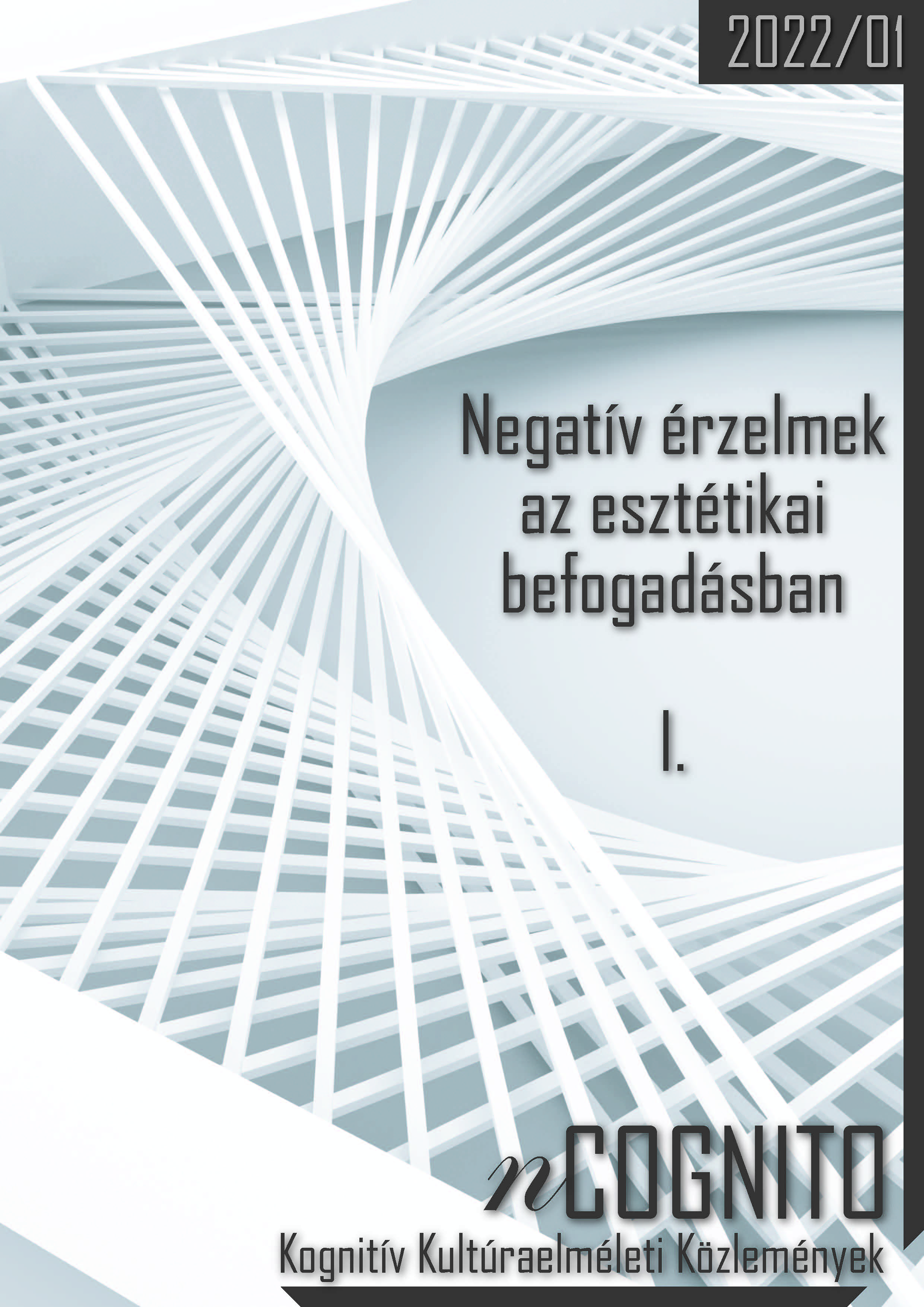Saga literacy – a cognitive approach to the teaching of literature Kognitív megközelítés az irodalomtanításban
Main Article Content
Abstract
In literary reading for learning, my study discusses cognitive didactic aspects that help the less-initiated reader navigate in the world of Icelandic family sagas. Cognitive literary didactics, therefore, brings natural reading and professional literary understanding closer together. The concise description of events in Icelandic clan sagas lacks emotion, making it difficult to remember the story during and after reading. A cognitive didactic approach, aware of this obstacle, offers a reception scheme that the reader can apply to texts with more complex plots. Magne Drangeid suggests three perspectives for discussing literary works in education. The first perspective examines how the reader navigates the text, the second observes how the reader complements the information received from the text to build an entire world, and the third perspective questions the abstract and metaphorical meaning of the work read. Based on the three perspectives, I examine how the negative tendencies in the sagas function as narrative anchors for reading medieval literature in the classroom.

